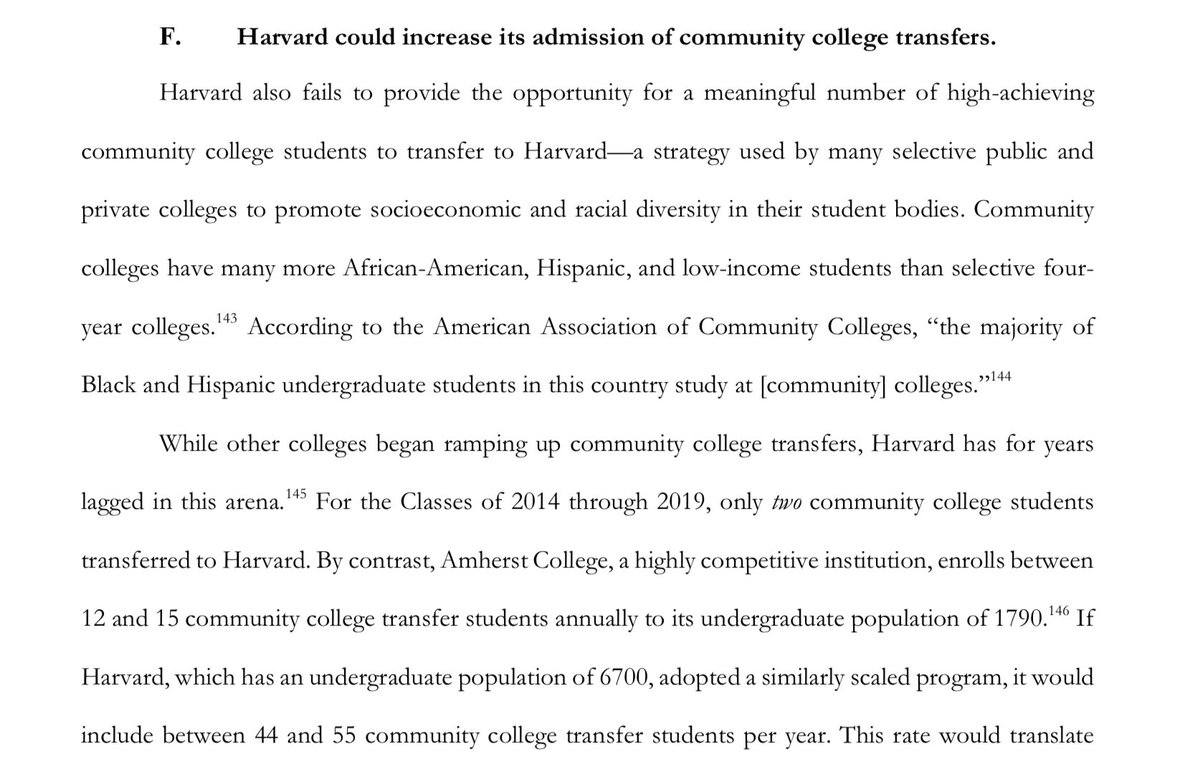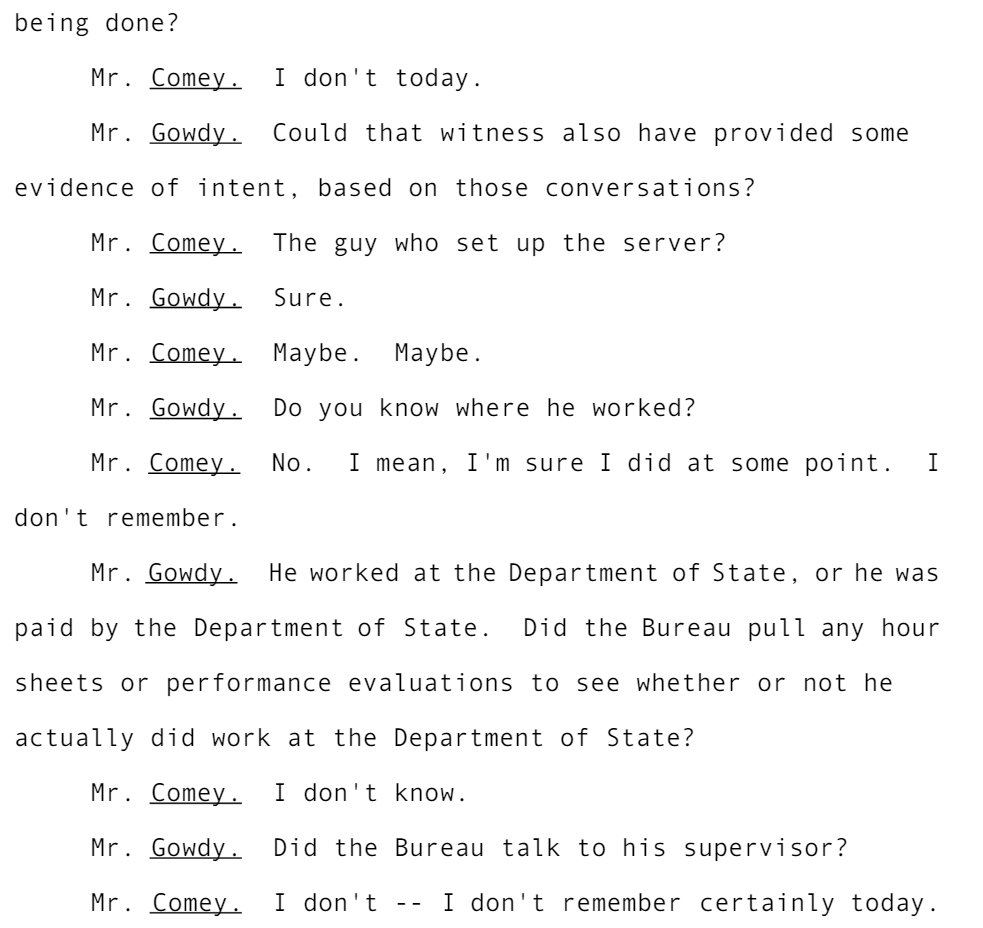Today, as yesterday, @Harvard is relying on Card to provide a statistical sense of the hidden mechanics of the admissions office's approach to its applicants.
"My assessment is that white students are stronger than Asian-American students on the observable factors" that inform those personal ratings, Card says.
We are likely to learn a lot more during the cross-examination of Card — unclear when that will begin.
Judge Burroughs asked Card if he looked at the boost from being Asian-American. "No, Your Honor... there's no 'tip' for Asians in my model," Card replies.
Card says, "in my view, there's no evidence that that's going on."
If Harvard *were* racially balancing their admitted classes, Card says (to laughs), "They're not doing a very good job."

— She's considered by @Harvard to be "disadvantaged";
— She's a first-generation college student;
— She applied for application fee waiver;
— And she's coming from neighborhood family income of >$65k.

1) No stat. evidence that Harvard discriminated against Asian-Americans.
2) Race affects admissions mostly for highly-qualified students.
3) No stat. evidence of racial balancing.
4) Race-neutral alts. have problems.
Harvard attorney jumps up and says questions are one thing, "snide remarks are another."
Mortara says next time he gets three paragraphs after a yes, he'll move to strike.











